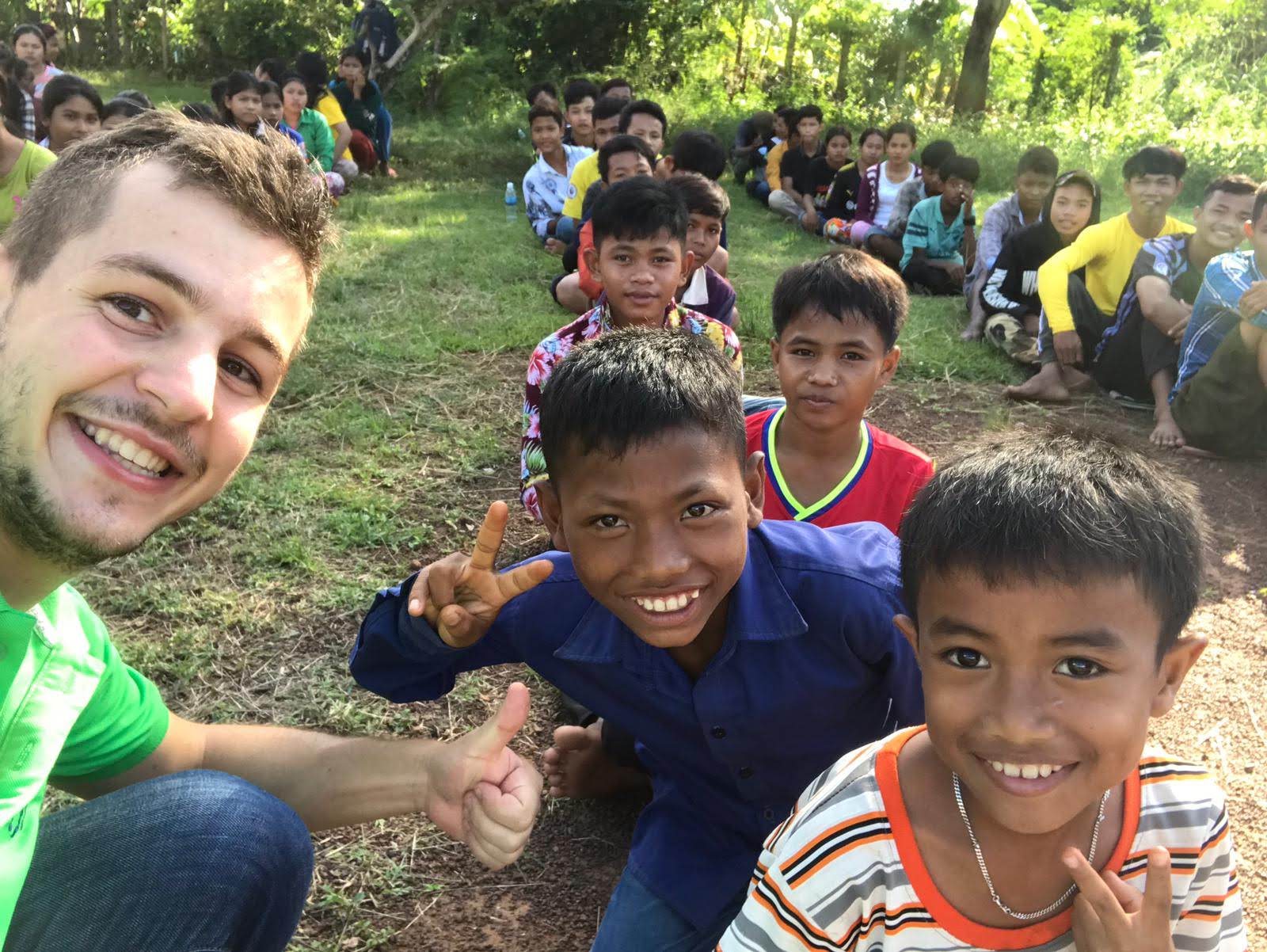“Making progress is more important than being successful”
Significance of holistic education for the Khmer children in Cambodia An interview with Martin Maindiaux by Antoine Besson
Our mission at the Children of the Mekong charity is to enable the least privileged to get access to a rounded education which combines academic study with personal development.
We have given lots of thought over a long period to the best way of doing this, and have come to the view that our holistic training is underpinned by three cornerstones:
building oneself, opening oneself to the world, and involving oneself in society.
As an organisation focused on education, Children of the Mekong has reflected for a long time on the questions tied to education and the proper development of young people. The organisation’s ambition is the education of the most destitute, but an education that is academic as well as holistic.
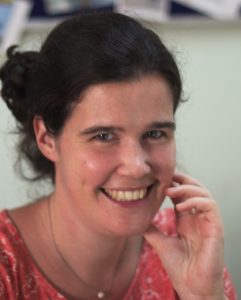 In Asia for 6 years, Armelle Lahalle has coordinated the implementation of Children of the Mekong’s educational charter. As a school teacher, she is specialised in the “step by step” human and educational development of children’s growth.
In Asia for 6 years, Armelle Lahalle has coordinated the implementation of Children of the Mekong’s educational charter. As a school teacher, she is specialised in the “step by step” human and educational development of children’s growth.
Education is a way of reviewing the children one day and asking yourself the next: What have I done today which allows for their growth and what should I do tomorrow?
All the moments spent together, between a young person and ahead of programme, an overseas volunteer, or a visiting friend, are educational moments. We can draw lessons from whatever may happen, from the simplest thing to the most complex. Therefore, at Children of the Mekong, beyond daily life, we try to provide as many of these small bonuses as possible; these moments spent together in the form of short, simple, practical games. We start with a game, which is often very funny, as a pretext to embarking on a friendship, or a discussion.
At Children of the Mekong, education is for establishing relationships and growth. And this simplicity gives confidence: we can all be educators.
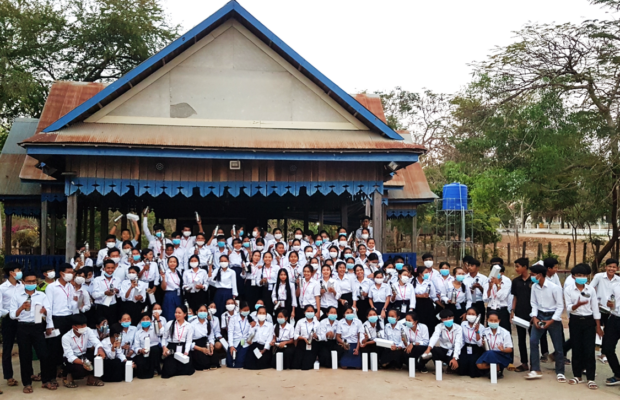
Significance of holistic education for the Khmer children in Cambodia An interview with Martin Maindiaux by Antoine Besson
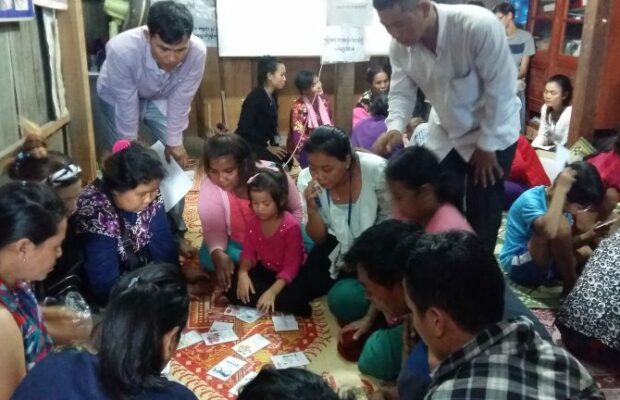
Third pillar of holistic training: involving oneself in society The testimony of Chandeth, programme manager in Cambodia, and the solutions proposed by Children of […]
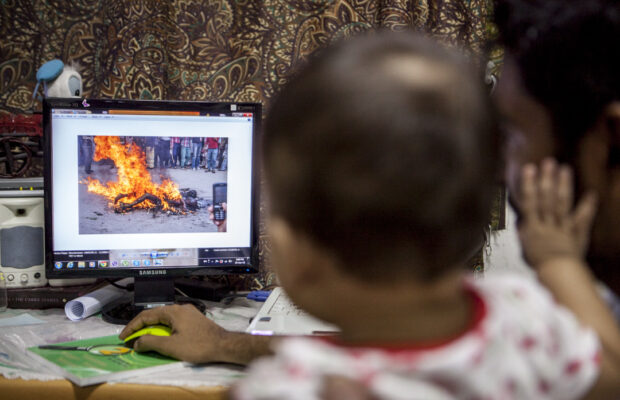
Holistic training, Module 2: Opening up to the world
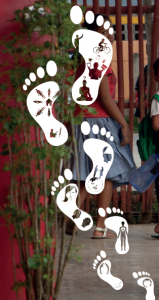 I believe that every moment spent with a child brings something to them, but never the same thing: a football match teaches different skills than dodgeball, or even that the preparation of the next meal will. Every activity brings small “keys”: the framework, the service, team cohesion, a fair relationship, self-effort…At Children of the Mekong, these “keys” are called “steps”. There are 15 steps total and through these steps, we review our day, we look at how many “steps” the children were able to make, we prepare the steps which they will be able to make the next day.
I believe that every moment spent with a child brings something to them, but never the same thing: a football match teaches different skills than dodgeball, or even that the preparation of the next meal will. Every activity brings small “keys”: the framework, the service, team cohesion, a fair relationship, self-effort…At Children of the Mekong, these “keys” are called “steps”. There are 15 steps total and through these steps, we review our day, we look at how many “steps” the children were able to make, we prepare the steps which they will be able to make the next day.
What works best nowadays, are games organised for summer camps. We meet for 2 or 3 days with young people from the programme, sometimes up to one hundred children, and they play a minimum of 4-6 games per day. Each game leads to a short discussion. With card games, we introduce non-verbal language and public speaking. With other games, we reflect on the idea of friendship or begin discussions as to the role and the place of a leader. All these games, assembled on an accessible platform by our overseas volunteers and local supervisors, come from them: classic games from different cultures… What this shows, through activities offered on the platform, is that beginning with a practical game, once we’ve had a good laugh (and it is essential in Asia to begin there), we can pull the strings to go further.
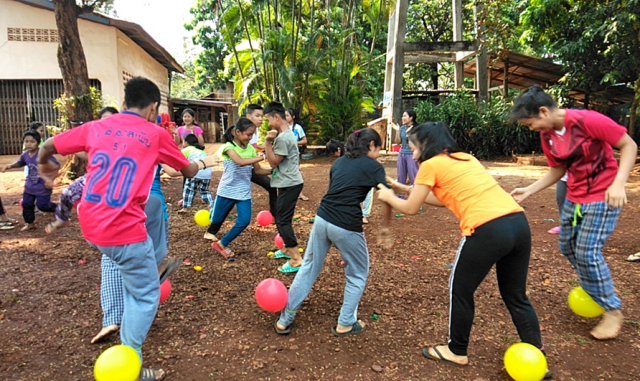
Let’s say gets 30? In 2 or 3 days, of course, we can hit all the steps. Some steps will have to be repeated but this way we ensure they are all done. It is our vision of integral education: we suggest that the young people advance by 15 steps, in a simple, boundless, confident way, to make them “well balanced and honest men and women”, in the words of our founder. Far from “ultra-competitive” but rather, young people educated humanely: clear in character, solid in their convictions, comfortable with essential skills.
Everything is at the pace of our youths and at the pace of Asia: we take our time, with small steps…or with great turtle steps!!!
Learn more about our privacy policy here.
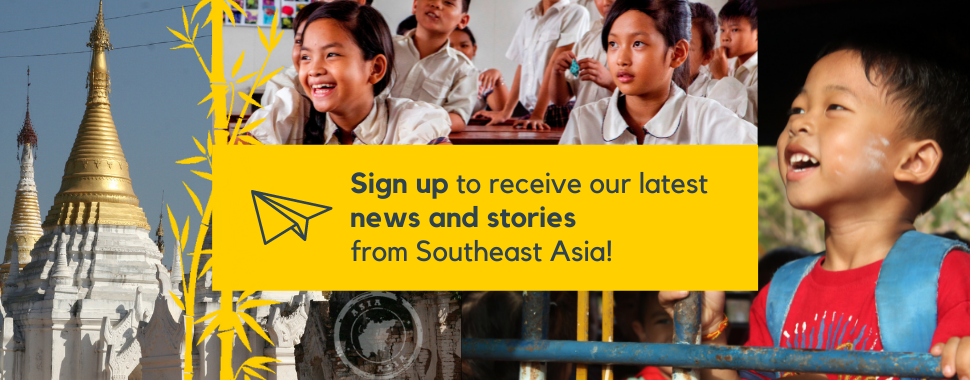
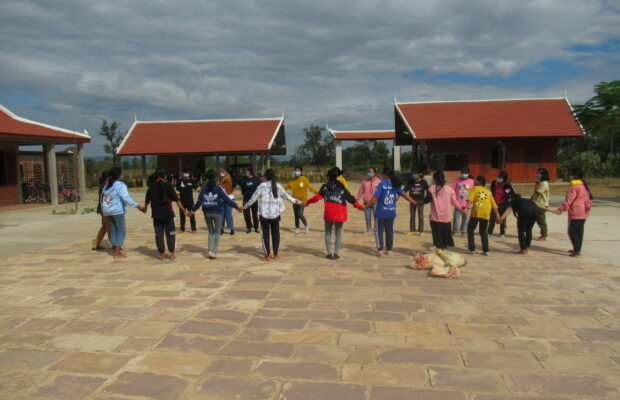
Second pillar of holistic training in education: Opening up to the world
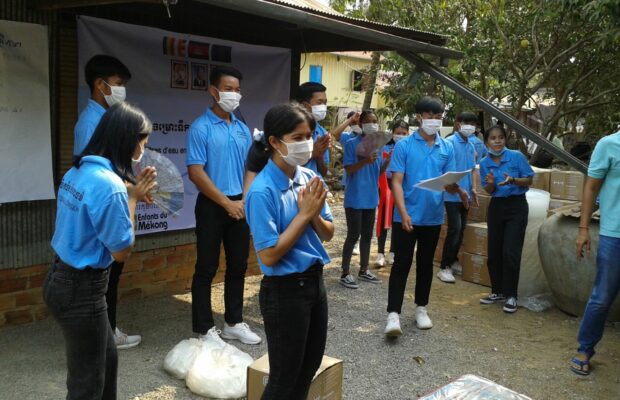
First pillar of holistic training in education: building oneself
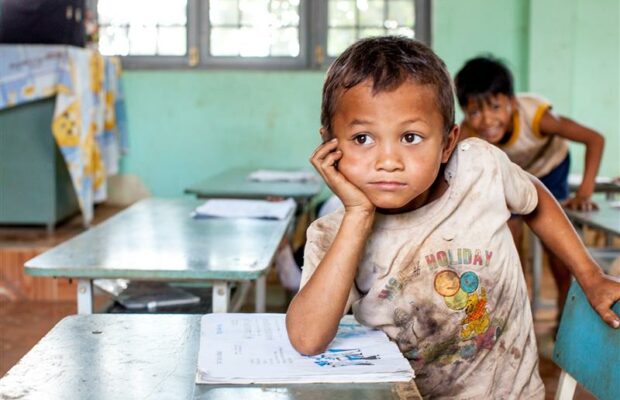
Personal development in educational charity curriculums – Alongside their lessons, students at Children of the Mekong gain a better understanding of their friendships, work, […]
Children of the Mekong works along with various partners to implement the 15 educational steps mentioned by Armelle in this article.
